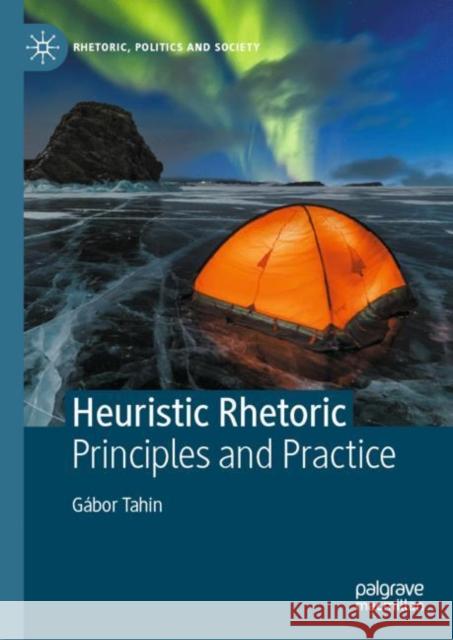Heuristic Rhetoric: Principles and Practice » książka
topmenu
Heuristic Rhetoric: Principles and Practice
ISBN-13: 9783030984816 / Angielski / Twarda / 2022 / 290 str.
Heuristic Rhetoric: Principles and Practice
ISBN-13: 9783030984816 / Angielski / Twarda / 2022 / 290 str.
cena 524,53 zł
(netto: 499,55 VAT: 5%)
Najniższa cena z 30 dni: 501,19 zł
(netto: 499,55 VAT: 5%)
Najniższa cena z 30 dni: 501,19 zł
Termin realizacji zamówienia:
ok. 16-18 dni roboczych.
ok. 16-18 dni roboczych.
Darmowa dostawa!
Kategorie BISAC:
Wydawca:
Springer Nature Switzerland AG
Seria wydawnicza:
Język:
Angielski
ISBN-13:
9783030984816
Rok wydania:
2022
Ilość stron:
290
Wymiary:
21.0 x 14.8
Oprawa:
Twarda
Dodatkowe informacje:
Wydanie ilustrowane











